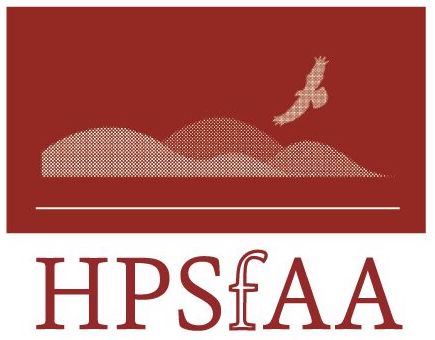  
 
The High Plains Society for Applied Anthropology |
|
Governing the Low-Income Self in Colorado’s Front Range
James A. Schechter
This paper focuses on the underbelly of “work” in America, unemployment, or lack of “work,” and its hidden transcript for some of the 39 million Americans experiencing poverty in America at the turn of the twenty-first century. Using Foucault's concept of “governmentality” (1991) and Cruikshank's notion of “technologies of citizenship” (1993), this paper examines “welfare reform” discourses promoted by the U.S. government that stress “self-sufficiency”; such discourses reconfigure low-income citizens’ relationship to the state, aligning individuals with federal interests via the endorsement of self-governance. Legislated changes in federally funded entitlements promoted by welfare reform in 1996 have implications which extend beyond the “roll-back” of the provisions themselves. They mark a critical juncture in which neo-conservative and neo-liberal thought have merged in the call for individual citizens to produce social reform through virtuous personal conduct that models a state-defined normative order.
High Plains Applied Anthropologist No. 1, Vol. 23, Spring, 2003 pp 17- 33<Get PDF>
Back To List of Previous Issues